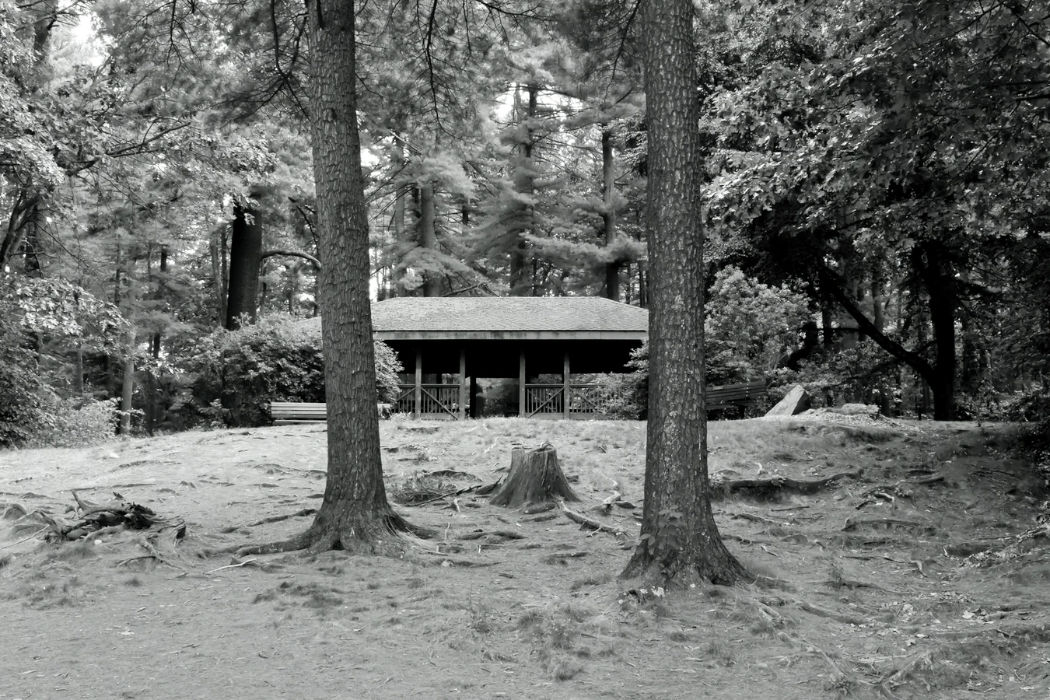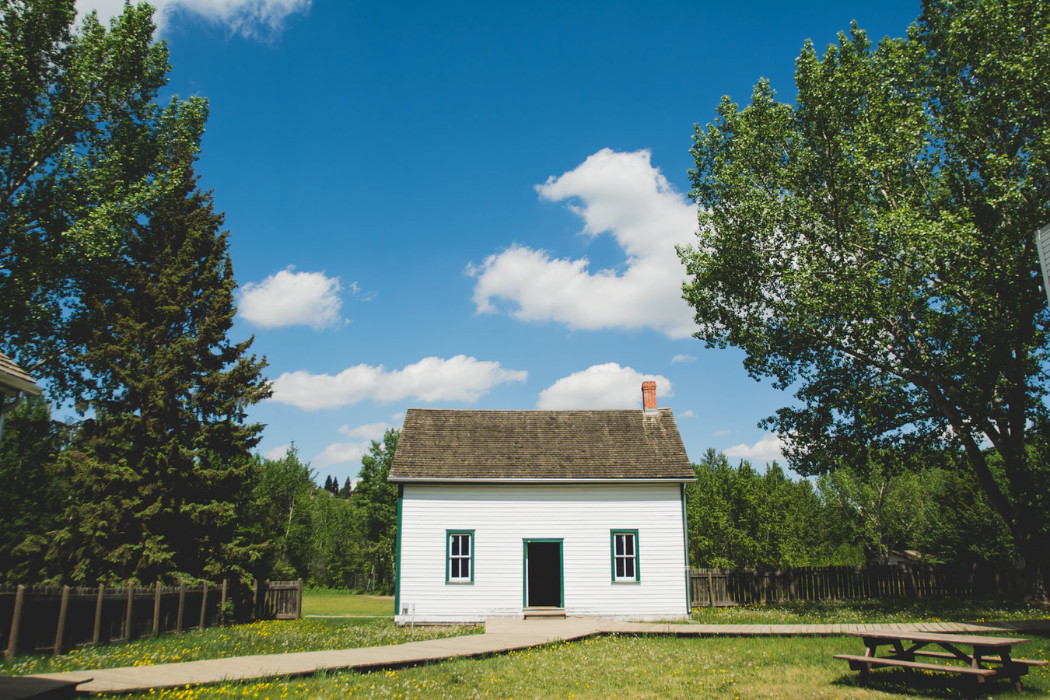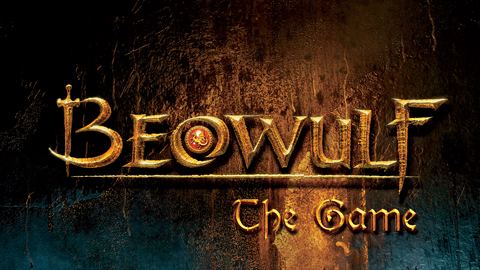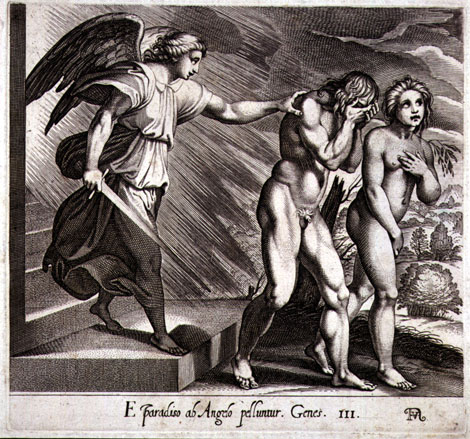About “Ranga’s Marriage” :
The story is about an accountant’s son, who is the first of his village to receive English education and was sent outside for studies. On his return the villagers think that he would have completely transformed into something new and alien. But he seems to have different ideas for marriage, until the narrator intervenes and the reader sees that Ranga is no exception to traditional ideas of marriage.
Solved Short questions on Ranga’s Marriage- CBSE Class XI
- What reason does the narrator give for calling his narration “Ranga’s Marriage”?
Ans. The narrator in the beginning of his narration explains to his readers that although he could have given a more “mouth-filling name” to his story rather than calling it “Ranga’s Marriage”, for example, like “Ranganatha Vivaha” or “Ranganatha Vijaya” but the story his about someone he is close too, his Rangappa, who was born and brought up in his beloved village Hosahalli and it is indeed the story of his wedding. The word “marriage” gives a personal touch an also serves to reminisce the western influence which Ranga went under when he was sent to Bangalore for studying.
- What does the writer say about the Indians aping the West?
Ans. According to our narrator, the English language, which was earlier not very prevalent in his small humble village, has now become a “priceless commodity” that everyone wants to behold. He is not very happy about the fact these English speaking people defiling their mother tongue and bring foreign words into in the daily life communication. He is also disappointed at the fact that Indian geographers instead of correcting the mistake of English Sahibs, who did not bother to put their beloved village on any map, they are blindly following their so-called “greatness”.
3. What kind of bride was Ranga looking for? Why?
Ans. After returning from Bangalore after completing his studies, Ranga had deterred from the traditional concepts of arranged marriage that was prevalent among his fellow villagers. He wanted to marry a mature girl who was mature enough to comprehend his words and not misunderstand them. He even gave example of Kalidasa’s play where Dushyantha fell in love with Shakuntala who was very mature, thus, making him convinced that he could only marry a girl he could admire.
- Explain : “ The fellow said he would leave but he did not move.”
Ans. After Ranga had entered the rooms, raptured by Ratna’s singing, but on seeing him, Ratna abruptly stopped her singing. Seeing that Ratna was uncomfortable to sing in Ranga’s presence, so he offered to leave, but Ranga was too enamoured by her, that he didn’t move.
- Explain : “ There’s greater truth in that shastra than we imagine”.
Ans. Ranga saw that Shastri could accurately predict the reason behind his sore heart, that it as a girl, no other than the lovely Ratna, Ranga was convinced that shastra had great knowledge hidden in them which could solve all mysteries.
- Ranga and Ratna were both very find of the narrator. Justify.
Ans. The narrator, known as Shyama, as single-handedly responsible for the pairing of Ranga and Ratna, which culminated into their marriage. So they were very fond and grateful to him and thus had named their first child after him.
Solved Long Questions on Ranga’s Marriage- CBSE Class XI
- The narrator pays a glowing tribute to his village, Hosahalli. What does he say?
Ans. The narrator goes to great lengths in glorifying his humble but beautiful village. He explains his great dismay how the English sahibs have ignored this small village. The narrator is annoyed at the arrogance of the cartographers as to ignore the existence of a full village, but he does not brood over it. The narrator is smitten with the beauty and glory of his village, and in order to justify his glorification he says that there is a doctor in his village called The Gundabhatta, who has been to many places yet agrees with the narrator’s view. The narrator goes on to describe the specialities of his village- a raw mango so sour that it can’t be eaten whole, the fine pristine water of the village pond, the creeper growing in it which has beautiful flowers, and leaves with which one can have his lunch served. The narrator, aware of his digression, switches the topic saying that if the reader’s wanted to visit the village, they should just contact him. The tone of the narrator is humble and simple, in first person narrative and it is almost as if someone is having a conversation with the reader.
- Discuss the reaction of the people towards Ranga.
Ans. The narrator claims that the “priceless commodity” that speaking English is, was not much widespread back then and that is why Ranga’s homecoming was such big deal. People were curious to find out whether Ranga has changed or not. His courtyard was filled so many people, that had they been accomodated in the room inside, then it would have been a tragedy like the “Black Hole of Calcutta”. Everyone was surprised to see that Ranga was the same as before, and did not turn into a English speaking arrogant Sahib. After realising that Ranga was same as he was six months ago everyone lost interest and left.
- Astrologer’s perceptions are based more on hearsay and conjecture than what they learn from the study of the stars. Comment with reference to the story.
Ans. Astrology is a business like any other and most of the times used to deceive people. There is a very less genuine effort in the interpretation that is reached and is mostly deduced out of common sense and power of observation and conversations that happen around. An example of this Shastri in the story, who claims that his shastras are powerful and mighty beyond the normal human perception. But we see him acting on Shyama’s plan in order to pair up Ranga and ratna. And in this, his shastras did not have any role, but when confronted, he denies that, saying he developed on the hints and the shastras indicated it. But the reader can very well conclude, that Shastri had n merit of his own and he could not have done anything to pair Ranga and Ratna without Shyama’s help.
- Indian society has moved a long way from the way marriage s arranged in the story.
Ans. The story is written in the early 18th century and back then child marriages were prevalent and in custom. But they have been banned long now. On the other hand, although day by day newer generations are embracing love and marrying people whom they admire, there is still a huge prevalence of arranged marriages in India, although, people have become more lenient and are accepting and adapting to new ways, finding the need of matchmakers, like our narrator, less and less everyday.
Some online learning platforms provide certifications, while others are designed to simply grow your skills in your personal and professional life. Including Masterclass and Coursera, here are our recommendations for the best online learning platforms you can sign up for today.
The 7 Best Online Learning Platforms of 2022
- Best Overall: Coursera
- Best for Niche Topics: Udemy
- Best for Creative Fields: Skillshare
- Best for Celebrity Lessons: MasterClass
- Best for STEM: EdX
- Best for Career Building: Udacity
- Best for Data Learning: Pluralsight
















